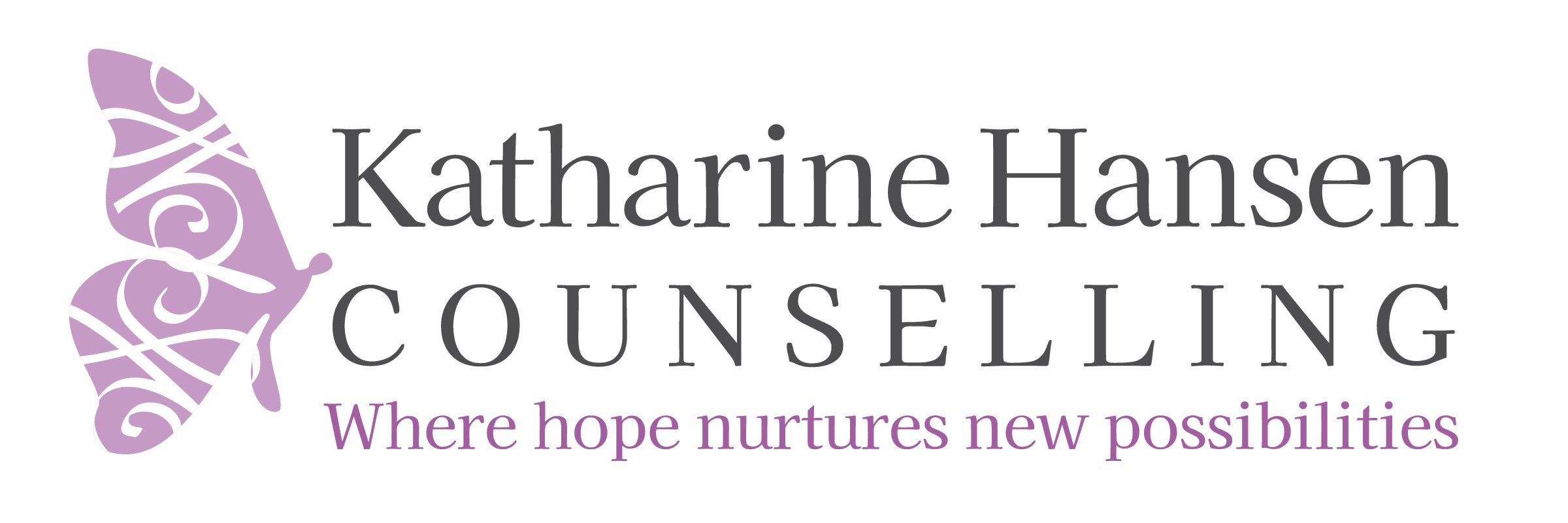Grief is often misunderstood as something that can be neatly categorized or checked off as you go through it. However, grief is not a series of steps you follow in a specific order until you are “done.” Instead, grief is a deeply personal and non-linear journey that evolves over time. There is no set path, no final destination, and no “right” way to experience it. Understanding grief as an individual journey rather than a checklist allows us to navigate it with more compassion and flexibility.
Grief Doesn’t Follow a Straight Line
One of the most common misconceptions about grief is that it follows a straight line from pain to healing. In reality, grief is much more fluid and unpredictable. You may feel moments of peace one day, only to be hit with waves of sadness or anger the next. The emotions surrounding grief often come in cycles, and it’s normal to revisit feelings you thought you had moved past.
Rather than viewing grief as something you can “get through,” it’s more helpful to think of it as something you move with. There are no set steps or stages that everyone experiences in the same order. Some days may feel lighter, while others can be unexpectedly heavy. This ebb and flow of emotions is a natural part of the grieving process and can happen over weeks, months, or even years.

Embracing the Unpredictability of Grief
When we approach grief as a journey, it gives us the freedom to honor the unique path each person follows. There is no single timeline or formula for healing, and that’s okay. Embracing the unpredictability of grief allows us to be more compassionate with ourselves as we navigate it.
It’s important to understand that feelings of sorrow or pain can resurface long after you think you’ve healed. Milestones, anniversaries, or even small reminders can trigger grief, sometimes when you least expect it. This doesn’t mean you are “stuck” in grief; it’s simply part of how we process and live with loss.
The key is to allow yourself to experience grief without judgment or pressure. There is no need to rush or force yourself to feel “better” by a certain time. The grief journey is different for everyone, and it’s important to give yourself permission to feel whatever arises.
Healing Happens in Different Ways
Healing from grief is not a one-size-fits-all process. Some people find comfort in talking about their feelings with others, while others may prefer quiet reflection or creative expression. The most important thing to remember is that your grief is your own, and how you heal is entirely up to you.
Grief often involves both internal reflection and external expression. It’s crucial to allow yourself to mourn in a way that feels authentic. This could be through sharing stories about your loved one, creating a personal ritual of remembrance, or finding ways to carry forward their memory in your life. Honoring grief in these ways can help you stay connected to the person you’ve lost while moving forward on your journey.
There is no need to compare your process to others or feel like you should be “over it” after a certain period. Grief can be complicated, and it’s okay to take the time you need.

Moving Through Grief with Support
While grief is a personal journey, it’s also important to recognize that you don’t have to travel it alone. Reaching out for support can make a significant difference in how you navigate your grief. Whether it’s talking to a trusted friend, family member, or seeking the guidance of a counsellor, having someone to walk with you through the harder days can provide comfort and help you feel less isolated.
Grief counselling, in particular, offers a space where you can openly express your feelings without judgment. It can be a valuable tool in helping you explore your emotions, gain clarity on the impact of the loss, and find ways to cope that feel meaningful to you.
Receiving ongoing support from others reminds you that you don’t have to bear the weight of grief on your own. By sharing your journey with those who care for you, you create a space for healing that can feel more manageable over time.
Grief is not a checklist you can complete or a path with a clear beginning and end. It’s a deeply personal, non-linear journey that changes shape as time passes. There will be moments of peace, and there will be moments of pain. The key is to allow yourself the space to feel and honor your grief in whatever way is needed. Healing may not be linear, but with compassion, self-care, and support, it is possible.
If you’re navigating your own grief journey and need someone to talk to, consider reaching out for support. At Katharine Hansen Counselling, we offer a safe space for you to express your grief and work through the emotions that come with it. Contact us today to learn more about our grief counselling services and take the first step toward healing.

